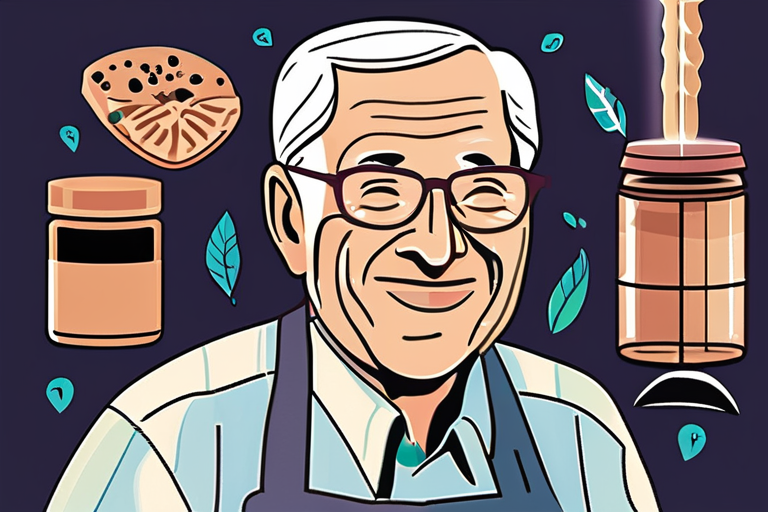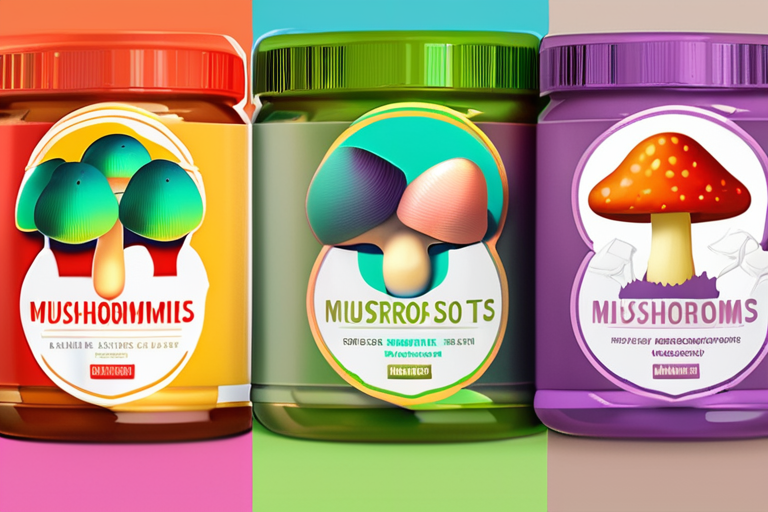Researchers Uncover Zeaxanthin's Potential to Boost Cancer Treatment Effectiveness


Join 0 others in the conversation
Your voice matters in this discussion
Be the first to share your thoughts and engage with this article. Your perspective matters!
Discover articles from our community

 Hoppi
Hoppi

 Hoppi
Hoppi

 Hoppi
Hoppi

 Hoppi
Hoppi

 Hoppi
Hoppi

 Hoppi
Hoppi

Vitamin B3 Found to Reduce Skin Cancer Risk: Who May Benefit A recent study published in JAMA Dermatology has revealed …

Hoppi

Cocoa Supplements Show Surprising Anti-Aging Potential In a groundbreaking study published on September 27, 2025, researchers from Mass General Brigham …

Hoppi

Plant-Forward Diets Linked to Lower Diabetes Risk Globally A recent study published in the journal Nature has found a significant …

Hoppi

Mushroom Gummies Gain Popularity: Expert Weighs In on Benefits and Risks In a trend that has taken the wellness industry …

Hoppi

Reporter Tries Mushroom Gummies, Finds Top 3 Products In a trend that has taken the wellness industry by storm, functional …

Hoppi

Cocoa Supplements Show Surprising Anti-Aging Potential In a groundbreaking study published on September 27, 2025, researchers from Mass General Brigham …

Hoppi